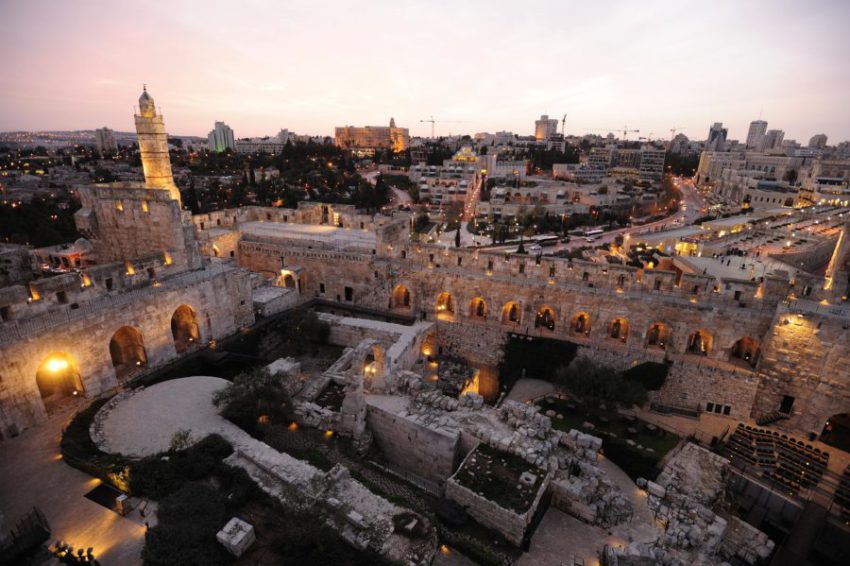In the Old City of Jerusalem, there’s a saying that each stone holds a piece of history. Perhaps that’s because the city has a history spanning back thousands of years, from the time of the Judean kings and the Roman Empire through to the Islamic period and modern State of Israel. But while Jerusalem’s past is one draw, the city is looking to its dynamic institutions and research centres to build its future. Highly esteemed conferences in sectors like space are leaving a legacy that extend far beyond Jerusalem’s famed Western Wall, impacting the city and influencing others around the globe with groundbreaking new developments.
Strengthening Space Ties
Sitting at the centre of the world, connecting the East and West and making it an easy destination for delegates to descend upon, Jerusalem has earned a reputation of being a place worth visiting for more than its holy history. But looking beyond and to the future, the city is also seen as one of the top emerging technological hubs, while Israel as a whole has rightfully earned the nickname The Startup Nation since it boasts the largest number of per-capita startups and venture capital investments in the world.
Not only is Jerusalem buzzing in terms of business, the city is also home to one of the top academic institutions, The Hebrew University, which ranks among the 100 most outstanding in the world. Along with its affiliate Hadassah Medical Center, the university conducts over one-third of Israel’s academic research and 43% of the country’s biotechnology research. The city acts as an academic powerhouse and leader in life sciences, with revolutionary research in the realm of regenerative medicine and stem cell experimentation, drawing the likes of scientists and physicians from around the country—and world—to showcase their findings in the same fields.
But one sector that’s really gaining momentum is space, with a legacy that can still be felt after the 66thannual International Astronautical Congress (IAC)—the world’s leadingspace conference—was held in Jerusalem in 2015.
IAC 2015
Hosted by the Israel Space Agency at the Jerusalem Israel Convention Center (ICC), the IAC brought together over 2,000 participants from 60 different countries, with more than 100 exhibitions and presenters, including American aerospace and defence company Lockheed Martin; the Italian Space Agency; the South African National Space Agency; Korea Aerospace Research Institute; the Romanian Space Agency; Israel Aerospace Industries;and the UK Space Agency. “This annual event serves as a backdrop for the global space sector allowing governmental, academia and private industry leaders to envision, implement and complete collaborative projects for the betterment of science and humanity,” explained former Minister of Science, Technology and Space Danny Danon.
The International Astronautical Federation (IAF) has a history stemming back more than 60 years, before the first satellite was even sent into space, and the IAC is its largest annual conference. In similar style to the Olympic Games, the federation, which includes founding members like France’s Groupement Astronautique Français (French Astronautic Group) and the United Kingdom’s British Interplanetary Society, selects the next destination for the IAC threeyears in advance. Israel first played host to the IAC in 1994, but a lot has changed in the past two decades as the country has expanded its research and development in space sciences. “The fact that this space convention was chosen to take place in Israel is a tribute to Israeli sciences leading and advancing in the field. Israel may only be 68 years of age but the country is in the front row for entrepreneurship and new developments internationally,” Israel’s Minister of Science, Technology, and Space Ofir Akunis said in a statement regarding IAC 2015.
The full version of this article, written by Boardroom editor Lane Nieset, is available in the April/May issue of the magazine available here. This is part of Boardroom’s legacy series, where we take a deeper journalistic dive into how congresses can leave a lasting legacy in the cities or regions where they’re held… and beyond.
